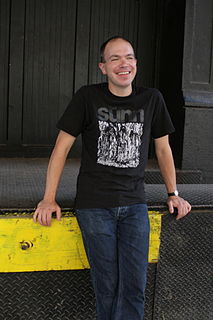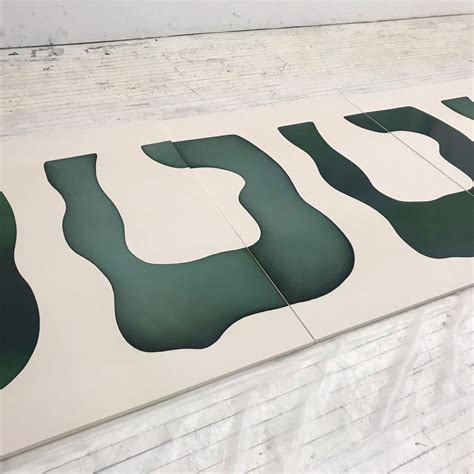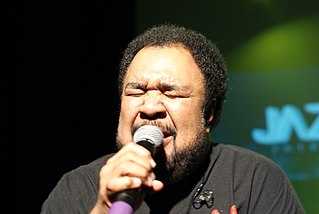A Quote by Sasha Frere-Jones
My criticism hasn't necessarily been informed by the critics I've read. The conversations I've had with friends and fellow musicians have shaped my thinking more than the work of any critic.
Related Quotes
You find very few critics who approach their job with a combination of information and enthusiasm and humility that makes for a good critic. But there is nothing wrong with critics as long as people don't pay any attention to them. I mean, nobody wants to put them out of a job and a good critic is not necessarily a dead critic. It's just that people take what a critic says as a fact rather than an opinion, and you have to know whether the opinion of the critic is informed or uninformed, intelligent of stupid -- but most people don't take the trouble.
The critic has to do more of what the book critics and art critics have done in the past. Which is give you a context for understanding the restaurant, give you a better way to appreciate it, give you the tools to go in there and be a more informed diner who can get more pleasure out of the experience.
Surely, if we take on thinking partners - or, at the least, thinking servants - in the form of machines, we will be more comfortable with them, and will relate to them more easily, if they are shaped like humans. It will be easier to be friends with human-shaped robots than with specialized machines of unrecognizable shape. And I sometimes think that, in the desperate straits of humanity today, we would be grateful to have nonhuman friends, even if they are only the friends we build ourselves.
Music critics are, for the most part, bitter people who are intent at dragging people down for being successful at what they want to do, which is probably music. The oddity of being a critic is: You don't get a diploma, you just decide you're a critic. If someone listens to your opinion rather than their own, it's their mistake. Any critic's top 10, any year, it's something controversial or something that will make them look hipper-than-thou. The whole critic game, we've never played.
A writer writes a book. People read it. You don't know what they're reading, really. You read a review and think, "That is so inaccurate. You can't have been reading my book with any kind of attention, because that is all wrong, that's even the wrong name you're including there." But these reviewers have been diminished in importance, the work is so little respected. If you're reviewed by a real critic, by James Wood or Louis Menand, then you get something that is informed, interesting, and highly articulate. But the average review doesn't have that kind of depth anymore.
On the whole, however, the critic is far less of a professional faultfinder than is sometimes imagined. He is first of all a virtue-finder, a singer of praise. He is not concerned with getting rid of dross except in so far as it hides the gold. In other words, the destructive side of criticism is purely a subsidiary affair. None of the best critics have been men of destructive minds. They are like gardeners whose business is more with the flowers than with the weeds.
In the eight years I worked at newspapers, even during a little stretch when I was a film critic, I was never, ever doing exclusively criticism. In the daily newspaper world, much more value is placed on reporting than on thinking abstractly about art. The eight years I was in newspapers, I was mainly a journalist in the conventional sense, and just doing criticism when there were opportunities.
I'm not someone who has a list of great books I would read if I only had the time. If I want to read a particular so-called classic, I go ahead and read it. If I had more time, I would certainly read more, but I'd read the way I always do - that is, I'd read whatever happened to interest me, not necessarily classics.





































